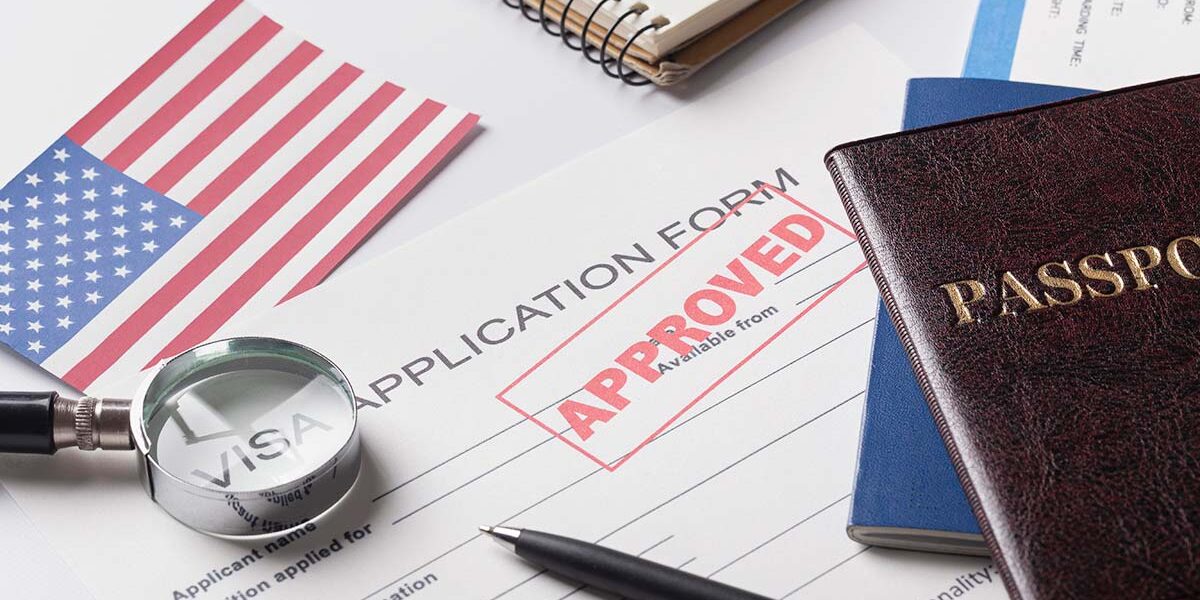Basically, the H-1B nonimmigrant classification allows a U.S. entity to temporarily employ a foreign national in a specialty occupation. A specialty occupation requires theoretical and practical application of a body of specialized knowledge requiring at least a four-year U.S. bachelor’s degree or its equivalent.
Petitioner
The petitioner must be a United States employer. The employer may be a person, firm, corporation, contractor, association, or other organization in the U.S. which engages a person to work in the U.S., employs a person for whom it files the H-1B, and has a U.S. tax identification number. Foreign nationals are not generally allowed to self-petition. A foreign entity may file a petition, but it must establish itself as a U.S. branch office and obtain a U.S. tax identification number.
Beneficiary
The beneficiary is a foreign national who is qualified to perform services in the specialty occupation having earned a bachelor’s degree or higher or its equivalent in that specialty occupation.
Process
The petitioner must file a Labor Condition Application (LCA) with the U.S. Department of Labor attesting to several items, including payment of a prevailing wage and the working conditions offered. The petitioner must then file the certified LCA with the USCIS forms, appropriate filing fees, and supporting documentation. Based on the USCIS petition approval, the foreign national may apply for the H-1B visa at a U.S. Consulate, admission, or a change of nonimmigrant status. The foreign national may be employed on a part-time basis and work for multiple H-1B petitioners.
The Petitioner may request a change of status for a beneficiary residing in the U.S. in a valid status until the start date of employment. For a beneficiary domiciled abroad, the approved petition will be transmitted to the designated U.S. Consulate where the visa application is submitted. The approved visa will allow the beneficiary to enter the U.S.
Duration
H-1B employment may be granted in up to three-year increments with a maximum of six years. After that time a foreign national must remain outside the United States for one year before another H-1B petition can be approved. However, certain foreign nationals may obtain an extension of H-1B status beyond the 6-year maximum period.
The foreign national may travel while an H-1B extension petition is pending until the expiration date of your current H1B status; if this date has passed and a new Form I-797 approval notice has not been received, it is not recommended that the foreign national leave the U.S.
If an extension petition is pending, the foreign national may continue the ongoing H-1B employment for 240 days beyond the expiration date of the current H-1B status.
Please note that the time spent in an L-1 status and in an H status are combined when determining the maximum period.
Dependents
The H-1B beneficiary’s spouse and minor children under 21 may apply for an H-4 status which allows for some forms of education but does not allow employment.
Consult us today
Navigating through the complex landscape of U.S. immigration law can be daunting without experienced guidance. Our dedicated team of experienced immigration attorneys is committed to providing you with personalized legal assistance, ensuring a smoother passage through each stage of the immigration process.

